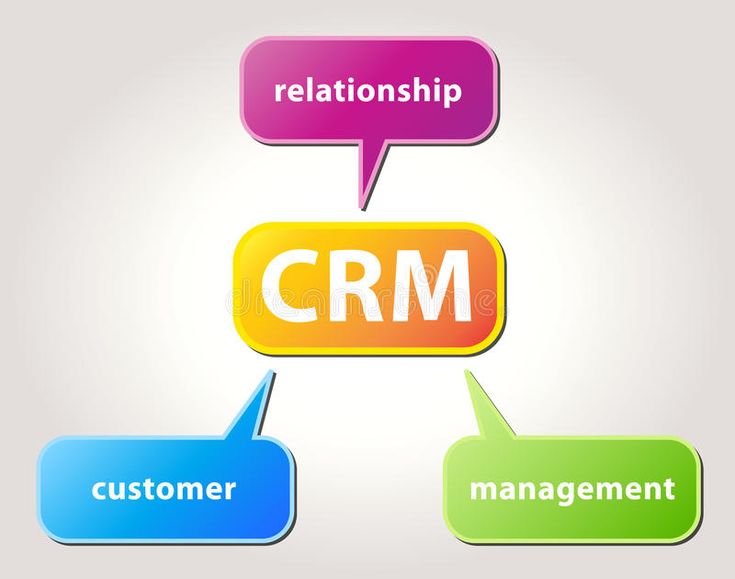Introduction to Machine Learning in CRM
In 2024, Customer Relationship Management (CRM) systems are more sophisticated than ever, thanks to the integration of machine learning (ML). This advanced technology has revolutionized how businesses interact with customers, making CRM systems smarter, more efficient, and more effective in driving customer satisfaction and loyalty.
How Machine Learning Enhances CRM Systems
1. Predictive Analytics for Customer Insights
Machine learning enables CRM systems to analyze vast amounts of data and generate predictive analytics. By examining historical data and identifying patterns, ML algorithms can predict future customer behaviors, such as purchasing trends, potential churn, and lifetime value. This allows businesses to make data-driven decisions, tailor marketing strategies, and proactively address customer needs.
2. Personalized Customer Experiences
Personalization is key to modern CRM strategies, and machine learning excels in this area. ML algorithms analyze customer data to understand individual preferences, behaviors, and buying patterns. This information is used to create highly personalized experiences, from tailored product recommendations to customized marketing messages, enhancing customer satisfaction and loyalty.
3. Automated Customer Support
Customer support is a critical component of CRM, and machine learning significantly improves its efficiency. ML-powered chatbots and virtual assistants can handle routine inquiries, troubleshoot common issues, and provide instant responses. These automated systems learn from each interaction, continuously improving their performance and freeing up human agents to focus on more complex tasks.
4. Enhanced Sales Forecasting
Accurate sales forecasting is essential for business planning and strategy. Machine learning models analyze historical sales data, market trends, and external factors to provide precise sales forecasts. This enables businesses to allocate resources effectively, optimize inventory levels, and set realistic sales targets, ultimately driving revenue growth.
5. Improved Customer Segmentation
Segmentation is crucial for targeted marketing campaigns, and machine learning enhances this process by identifying distinct customer segments based on various attributes such as demographics, behavior, and purchase history. ML algorithms can uncover hidden patterns and correlations that traditional methods might miss, allowing for more precise and effective segmentation.
Machine Learning Techniques in CRM
1. Supervised Learning
Supervised learning involves training ML models on labeled data, where the outcomes are known. In CRM, supervised learning is used for tasks like predicting customer churn, classifying customer feedback, and forecasting sales. These models learn from historical data and apply this knowledge to new, unseen data to make accurate predictions.
2. Unsupervised Learning
Unsupervised learning deals with unlabeled data, focusing on identifying hidden patterns and structures. In CRM, this technique is used for customer segmentation, anomaly detection, and market basket analysis. Unsupervised learning algorithms, such as clustering and association rule learning, help businesses uncover insights that inform strategic decisions.
3. Reinforcement Learning
Reinforcement learning involves training models through trial and error, receiving feedback from their actions. In CRM, reinforcement learning is used for dynamic pricing strategies, recommendation systems, and optimizing customer interactions. This technique allows CRM systems to adapt and improve over time, based on real-world outcomes.
Challenges and Solutions in Implementing Machine Learning in CRM
1. Data Quality and Integration
High-quality data is essential for effective machine learning. However, CRM systems often face challenges related to data accuracy, completeness, and integration from multiple sources. Implementing robust data management practices, such as data cleaning, normalization, and integration, ensures that ML models are trained on reliable data, leading to accurate insights and predictions.
2. Privacy and Security Concerns
The use of machine learning in CRM involves handling sensitive customer data, raising privacy and security concerns. Businesses must comply with data protection regulations and implement strong security measures to safeguard customer information. Techniques like data anonymization and encryption can help protect data while still enabling valuable insights from ML algorithms.
3. Skilled Workforce
Implementing and maintaining machine learning in CRM requires a skilled workforce, including data scientists, ML engineers, and CRM specialists. Investing in training and development programs, as well as leveraging external expertise, can help businesses build a capable team to harness the full potential of machine learning in CRM.
Future Trends of Machine Learning in CRM
1. Integration with AI and IoT
The integration of machine learning with artificial intelligence (AI) and the Internet of Things (IoT) will further enhance CRM systems. AI-driven CRM solutions will provide deeper insights and more intuitive customer interactions, while IoT devices will generate real-time data that ML algorithms can analyze to offer more personalized and timely customer experiences.
2. Enhanced Natural Language Processing (NLP)
Natural Language Processing (NLP) technology is rapidly advancing, enabling CRM systems to better understand and interpret human language. Enhanced NLP capabilities will improve customer interactions through more accurate sentiment analysis, context-aware responses, and seamless voice and text-based communication.
3. Ethical AI and Fairness
As machine learning becomes more integral to CRM, there will be a growing focus on ethical AI and fairness. Businesses will need to ensure that their ML algorithms are unbiased, transparent, and accountable. This will involve implementing ethical guidelines, regular audits, and leveraging explainable AI techniques to build trust with customers.
Conclusion
Machine learning is transforming CRM systems, offering unprecedented capabilities to understand and engage with customers. By leveraging predictive analytics, personalized experiences, automated support, and advanced segmentation, businesses can enhance customer satisfaction and drive growth. While challenges exist, such as data quality, privacy concerns, and the need for skilled professionals, the future of machine learning in CRM looks promising, with advancements in AI, IoT, and ethical practices shaping the landscape.


